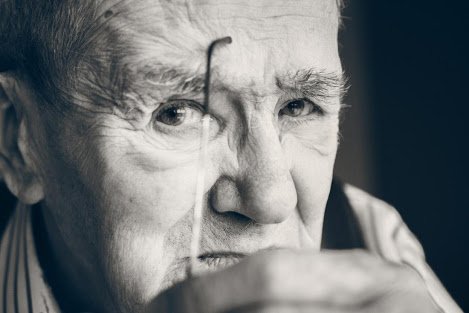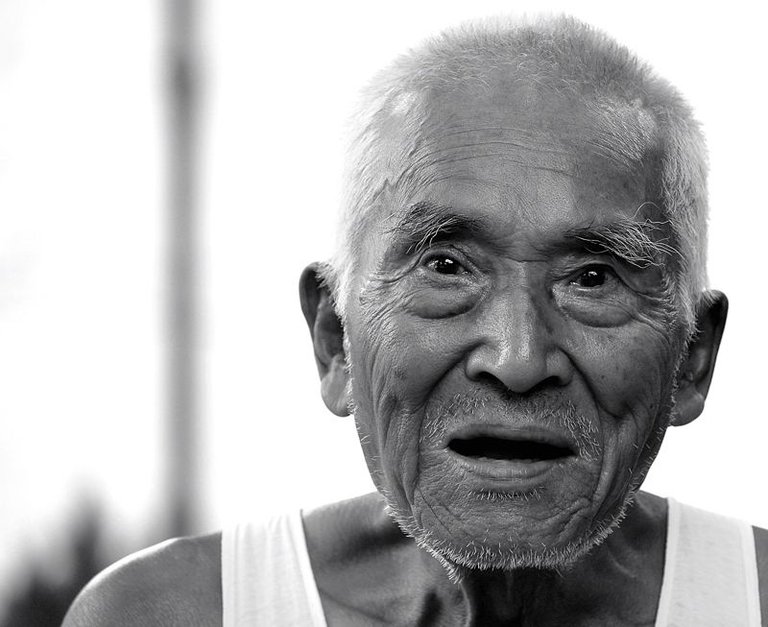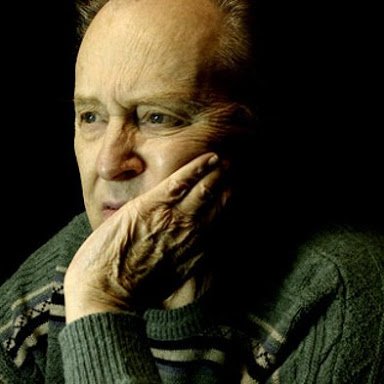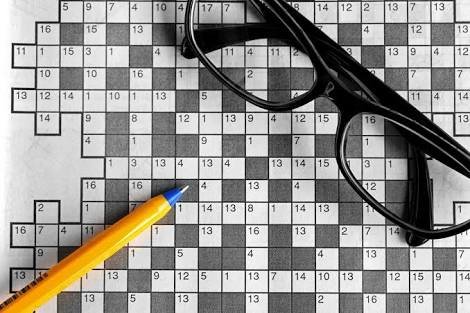“John...!, I think we have to....what did I try to say? I can’t remember!” Grandpa says, then sighs, shaking his head and walks away. “I guess I’m having a senior moment
It’s always assume that as we get older, we start to lose our ability to remember things easily. But if I may ask, have you ever forgotten your lunch in the fridge before? Is age really a major factor in how well we remember things? Is memory loss directly related to age?
Our memory was generally divided into three types by scientists and psychologists —sensory memory, short-term memory, and long-term memory
The memory you use to instantly (within a few seconds) recall impressions made on your senses, is the -Sensory memory. Let’s take an example. If someone should quickly flash a picture in front of you, Maybe it was only for less than a second, for a brief moment you would be able to recall the colors and shapes that you saw. Isn’t it? Sensory memory begins to degrade, or fade, immediately and rapidly.
The memory you use to recall information within a short period of several seconds is called the-Short-term memory. Research have found that you have the ability to hold about 5-8 things in your short-term memory at one time. Short-term memory can also degrades fairly quickly, that is why it is difficult to remember sometimes, for example, your cousins address a few seconds after she’s told it to you (you struggle to remember). The sensory and short-term memory put together, have very limited capacities and operate in the frontal lobe of the brain.
The memory which has more larger capacity, is the -Long-term memory. It’s the putting together of all your memory capacity beyond short-term memory—all the way down to your earliest childhood memory! You may not to be able to remember your cousins address right after she’s told you, but you can probably remember your own address that has been in your memory. This is because Long-term memory uses a greater area of the brain.
Various people can’t recall or remember anything the period before they were about three or four years old. Babies’ (CAN YOU?) Memories is being develop during these first few years, and gradually growing in capacity. Sbd once you’re no longer a toddler, then your memory is at full operating capacity.
Does age negatively affect memory?
In the below study, you will have to test the short-term memory capacity of different age groups and also examine your data to enable us determine if younger people really have a better memory than older people.
Materials
• Memory flashcards with pictures, or a computer, printer, and paper to make your own
• At least 5 groups of test subjects from different age groups (it would be ideal to test two people from each of the following age groups: 10-19 years old, 20-29 years old, 30-39 years old, 40-49 years old, 50-59 years old, 60-69 years old, 70+ years old)
• Timer or stopwatch
Procedure for Memory Flashcards
1 If you are going to make your own memory flashcards, make sure to print on paper thick enough that you can’t see the printed image when it is turned upside down.
2 Choose about twelve images of common things (for example, apples, butterflies, trees, airplanes, etc.). Arrange and resize the images on a Word document so that you can fit about eight images on each page. Print two copies of each of the images.
3 Cut out the images into cards of the same size.
Procedure for Study
1 Arrange your cards randomly on a table face down.
2 Start your timer. Have you test subjects sit at the table and flip over two cards. If the images on the cards match, they can put them aside. If they don’t match, the subject must turn them back over before choosing two cards again to turn over. The object of the exercise is to remember where certain cards with certain images are located in order to pair them.
3 Record the age and the time it took to complete the matching memory game for each test subject in a table. Did your study demonstrate that older people have worse short-term memories?
Results
You may get a different results (it varies). You may likely observe that generally, older test subjects will take longer to complete the memory game than younger test subjects. However, you may also find out that there are exceptions to this trend too. Your data might show that older people will not always have poorer memory capacities than younger people.
Reason
Today,there are so many factors that go into memory capacity than just age. Age can and often doesnegatively impact memory capacity, but aging doesn’t necessarily always affect memory NOTED.
An older person who may have an active lifestyle, like regular physical activity, social interaction and mental activity, could have a short-term memory as sharp as someone several decades younger. So also, older person with a more isolated and sedentary lifestyle is prompt to show poorer short-term memory retention. Happier people also have a bettery memory than people who are stressed or depressed.
There are also other physical factors than can influence short-term memory capacity include blood pressure and amount of sleep. High blood pressure may result to less blood supply to the brain, which makes it difficult for the brain to retain and recall information. Because high blood pressure [HBP] is more prevalent in older adults, and this may be another factor that leads us to the assumption that older people have trouble remembering things. Did your study include a sleep-deprived student? Lack of sleep which may be common in college-age subjects today, is a significant contributor to memory loss, although the effects are temporary.

image credit
People who engage themselves in brain-benders like crossword puzzles and other word and number games, and also people who exercise regularly, and even people who meditate show greater memory capacity than those who don’t engage in these activities.
Scientists are yet to identify a single or absolute cause of “senior moments” and age-related memory decline. Some studies and researchers have brought some evidence that age degrades the brain’s ability to refocus after a line of thought has been interrupted. Age may also sometimes bring a diminished ability to enable a simple access to short-term information and increase the short memory degradation. More Interestingly, age’s effect on long-term memory is much less.




I actually checked the memory thing with my grandpa. He still remembers things vividly.
I realized most adults usually have one major issue it could be memory loss but all other body parts would be active and sharp
Like my grandpa has lost his eyesight but his memory, hearing etc are still sharp